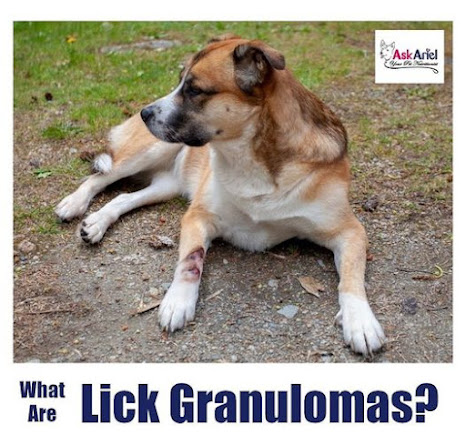Has your dog tried OncoPet? Ask Ariel's OncoPet contains decaffeinated green tea extract, along with medicinal mushrooms offering exceptional immune support for dogs. Green tea is emerging as a promising supplement for dogs afflicted with cancer and for those breeds with a predisposition to the disease. The unique composition of green tea includes powerful antioxidants, such as catechins, which have demonstrated anti-cancer properties in numerous studies. These compounds work by neutralizing free radicals and inhibiting the growth of cancer cells, potentially slowing down the progression of the disease.
Moreover, green tea has anti-inflammatory effects, which can be crucial in managing cancer-related inflammation and providing relief to dogs undergoing cancer treatments. Inflammation is often associated with the development and progression of cancer, and the anti-inflammatory properties of green tea may contribute to an improved quality of life for affected dogs. In addition to its antioxidant and anti-inflammatory properties, green tea has shown promise in supporting the immune system. A robust immune response is vital for a dog's ability to combat cancer cells and recover from the side effects of cancer treatments. Green tea's ability to modulate the immune system may enhance the overall resilience of dogs facing cancer, potentially improving their response to conventional therapies.
Including green tea in the care plan for dogs with cancer or predisposition to cancer holds promise due to its antioxidant, anti-inflammatory, and immune-modulating properties. Consider OncoPet,a vitamin supplement for dogs with cancer that contains this vital nutrient.







